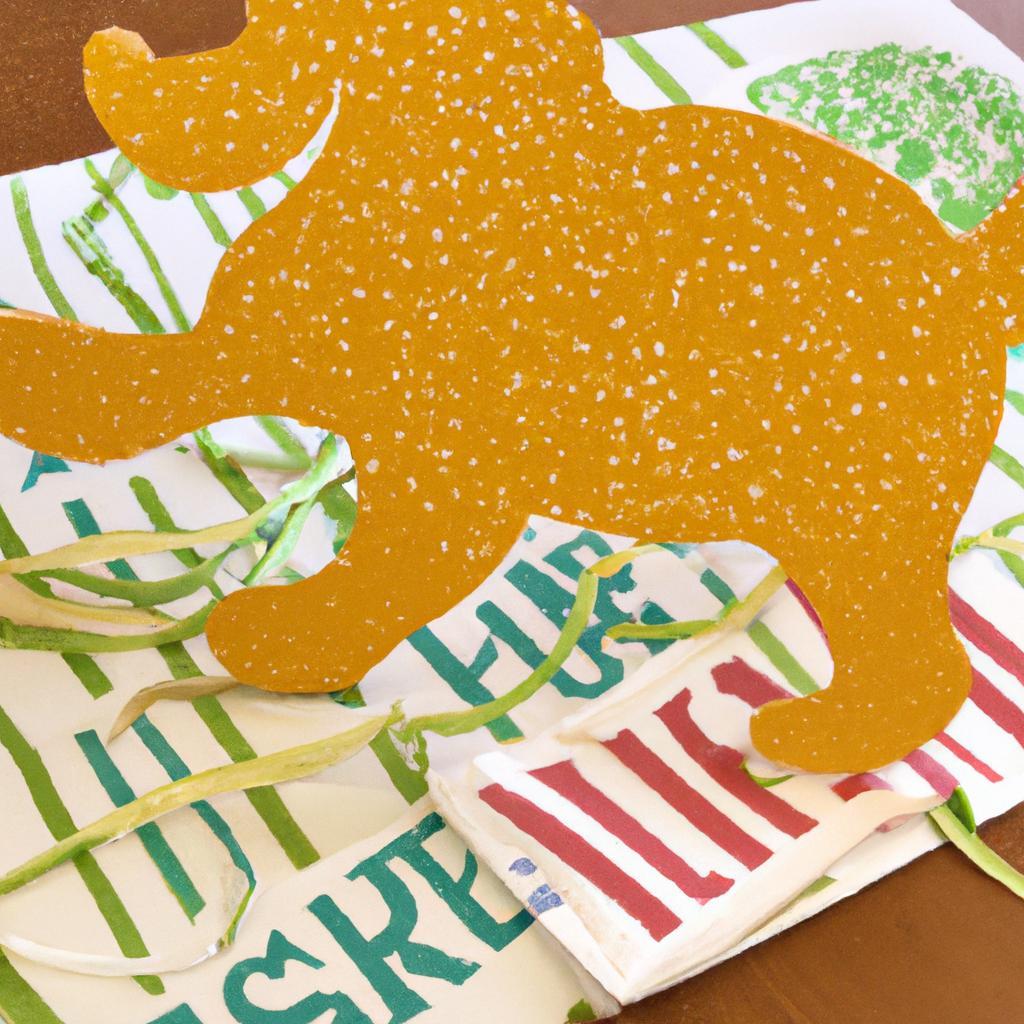At the age of seven, Mia discovered the magic of summer. Each day was an adventure—building forts from blankets, chasing fireflies, and tasting the sweetness of ice cream on a hot afternoon. One evening, as the sun dipped below the horizon, she lay on the grass, staring at the stars. In that moment, she felt an overwhelming sense of joy, untouched by worries. Years later, she would reflect on that summer, realizing happiness isn’t a single year but a collection of moments, each one a thread in the tapestry of life.
Table of Contents
- Exploring the Science Behind Happiness Across the Lifespan
- Key Life Events That Shape Our Joyful Moments
- The Role of Relationships in Defining Our Happiest Years
- Practical Strategies to Cultivate Happiness at Any Age
- Q&A
Exploring the Science Behind Happiness Across the Lifespan
Happiness is a complex emotion that evolves throughout our lives, influenced by a myriad of factors including age, experiences, and societal expectations. Research suggests that our perception of happiness is not static; rather, it fluctuates as we navigate different life stages. For instance, young adulthood is often characterized by exploration and the pursuit of identity, which can lead to both exhilarating highs and challenging lows. In contrast, middle age may bring a sense of stability but can also be accompanied by stressors such as career pressures and family responsibilities.
As we transition into later adulthood, many studies indicate a notable shift in emotional well-being. Older adults often report higher levels of happiness, attributed to a greater appreciation for life, improved emotional regulation, and a focus on meaningful relationships. This phenomenon, sometimes referred to as the “U-shaped curve of happiness,” suggests that while our twenties may be filled with ambition and uncertainty, our sixties and seventies can bring a profound sense of contentment. Factors contributing to this shift include:
- Life experience: Older individuals often possess a wealth of experiences that provide perspective and resilience.
- Social connections: As we age, the importance of nurturing relationships becomes clearer, leading to deeper emotional fulfillment.
- Acceptance: Many older adults embrace their life choices and circumstances, fostering a sense of peace.
Interestingly, the science of happiness also highlights the role of neurobiology in our emotional states. Research indicates that as we age, our brains undergo changes that can enhance our capacity for joy. The release of neurotransmitters such as serotonin and dopamine can become more balanced, allowing for a more stable emotional experience. Furthermore, older adults often prioritize positive experiences over negative ones, a shift that can significantly influence their overall happiness. This cognitive reframing is a powerful tool that can lead to a more fulfilling life.
Ultimately, the journey of happiness is deeply personal and varies from one individual to another. While some may find their happiest years in the carefree days of youth, others may discover joy in the wisdom and tranquility that comes with age. Understanding the science behind these emotional shifts can empower us to cultivate happiness at any stage of life. By embracing the unique opportunities each age presents, we can enhance our well-being and foster a more joyful existence.
Key Life Events That Shape Our Joyful Moments
Throughout our lives, certain milestones and experiences leave an indelible mark on our happiness. These key life events often serve as the backdrop against which our joyful moments are painted. From the innocence of childhood to the complexities of adulthood, each phase brings its own unique set of experiences that contribute to our overall sense of joy.
**Childhood** is often characterized by a sense of wonder and discovery. The simple pleasures of playing with friends, exploring nature, and celebrating birthdays create a foundation of happiness that many carry into adulthood. These early experiences shape our understanding of joy, teaching us to find delight in the little things. The laughter shared during family gatherings or the thrill of a first bike ride can evoke feelings of nostalgia that remind us of the carefree days of youth.
As we transition into **adolescence**, the joy can become intertwined with the complexities of growing up. This period is marked by significant events such as first loves, graduations, and the forging of lifelong friendships. These moments, while sometimes accompanied by challenges, often lead to profound joy and a sense of belonging. The excitement of prom night or the pride of receiving a diploma can create lasting memories that contribute to our happiness in later years.
Entering **adulthood** brings a new set of joyful milestones, such as career achievements, marriage, and the birth of children. These events often represent the culmination of years of hard work and personal growth. Celebrating a promotion or welcoming a new family member can fill our lives with purpose and fulfillment. Additionally, the shared experiences of building a life with loved ones create a tapestry of joy that enriches our existence, reminding us that happiness is often found in connection and shared moments.
The Role of Relationships in Defining Our Happiest Years
Throughout our lives, the connections we forge with others play a pivotal role in shaping our experiences and overall happiness. From childhood friendships to romantic partnerships and familial bonds, these relationships provide a sense of belonging and support that can significantly enhance our well-being. The laughter shared during carefree moments, the comfort found in times of distress, and the joy of celebrating milestones together all contribute to the tapestry of our happiest years.
Research consistently shows that individuals who maintain strong social ties tend to report higher levels of happiness. This phenomenon can be attributed to several factors, including:
- Emotional Support: Having someone to lean on during tough times can alleviate stress and foster resilience.
- Shared Experiences: Engaging in activities with loved ones creates lasting memories that enrich our lives.
- Sense of Purpose: Relationships often provide motivation and a sense of responsibility, encouraging us to strive for personal growth.
Moreover, the quality of our relationships often outweighs the quantity. A few deep, meaningful connections can be far more fulfilling than a wide circle of acquaintances. The intimacy found in close friendships or partnerships allows for vulnerability and authenticity, which are essential for true happiness. When we feel understood and accepted by those around us, it fosters a profound sense of contentment that can define our happiest years.
As we navigate through different life stages, the nature of our relationships may evolve, but their importance remains constant. Whether it’s the carefree camaraderie of youth, the passionate connections of early adulthood, or the deep-rooted bonds of family in later years, each phase offers unique opportunities for joy. Ultimately, it is these relationships that not only define our happiest moments but also create a legacy of love and connection that we carry with us throughout our lives.
Practical Strategies to Cultivate Happiness at Any Age
Happiness is a journey that evolves with us, and there are practical strategies we can adopt at any stage of life to enhance our well-being. One effective approach is to **cultivate gratitude**. Taking a few moments each day to reflect on what you are thankful for can shift your focus from what’s lacking to the abundance that surrounds you. Consider keeping a gratitude journal where you jot down three things you appreciate each day. This simple practice can significantly boost your mood and overall outlook on life.
Another powerful strategy is to **nurture social connections**. Regardless of age, maintaining strong relationships with family and friends is crucial for emotional health. Make it a point to reach out to loved ones regularly, whether through phone calls, video chats, or in-person gatherings. Engaging in meaningful conversations and shared experiences can foster a sense of belonging and support, which are essential components of happiness.
Engaging in **physical activity** is also vital for cultivating happiness. Exercise releases endorphins, the body’s natural mood lifters. Find an activity that you enjoy, whether it’s dancing, walking, or yoga, and incorporate it into your routine. Aim for at least 30 minutes of movement most days of the week. Not only will this improve your physical health, but it will also enhance your mental well-being, making you feel more energized and positive.
Lastly, embracing **lifelong learning** can be a key to happiness at any age. Challenge yourself to learn something new, whether it’s a hobby, a language, or a skill. This not only stimulates your mind but also opens up opportunities for new experiences and friendships. Consider joining a class or a group that aligns with your interests. The excitement of discovery and the joy of accomplishment can significantly contribute to your overall happiness.
Q&A
-
What age is considered the happiest?
Research suggests that happiness peaks at different ages for different people, but many studies indicate that individuals often report feeling happiest in their late 20s to early 30s.
-
Why do people feel happier at certain ages?
Happiness can be influenced by various factors such as life experiences, relationships, career satisfaction, and personal growth, which tend to stabilize and improve in early adulthood.
-
Does happiness decline with age?
While some may experience a decline in happiness as they age, many studies show that overall life satisfaction often increases in later years due to greater emotional resilience and perspective.
-
Can lifestyle choices impact happiness at any age?
Absolutely! Engaging in fulfilling activities, maintaining strong social connections, and practicing gratitude can enhance happiness regardless of age.
In the tapestry of life, happiness weaves through every age, each thread vibrant with unique experiences. While one year may shine brighter for some, the true essence of joy lies in embracing every moment, cherishing the journey as it unfolds.

大家好,我是彼得潘,專業的手法身體治療師。我喜歡探索和研究各種主題,並透過與人工智慧的合作分享專業、實用、有趣的文章。我們定期進行人工審核,以確保內容的準確性。如果您發現文章中有任何不準確的地方,請隨時與我們聯繫,我們會及時糾正。您可以透過 [email protected] 與我們聯繫。



